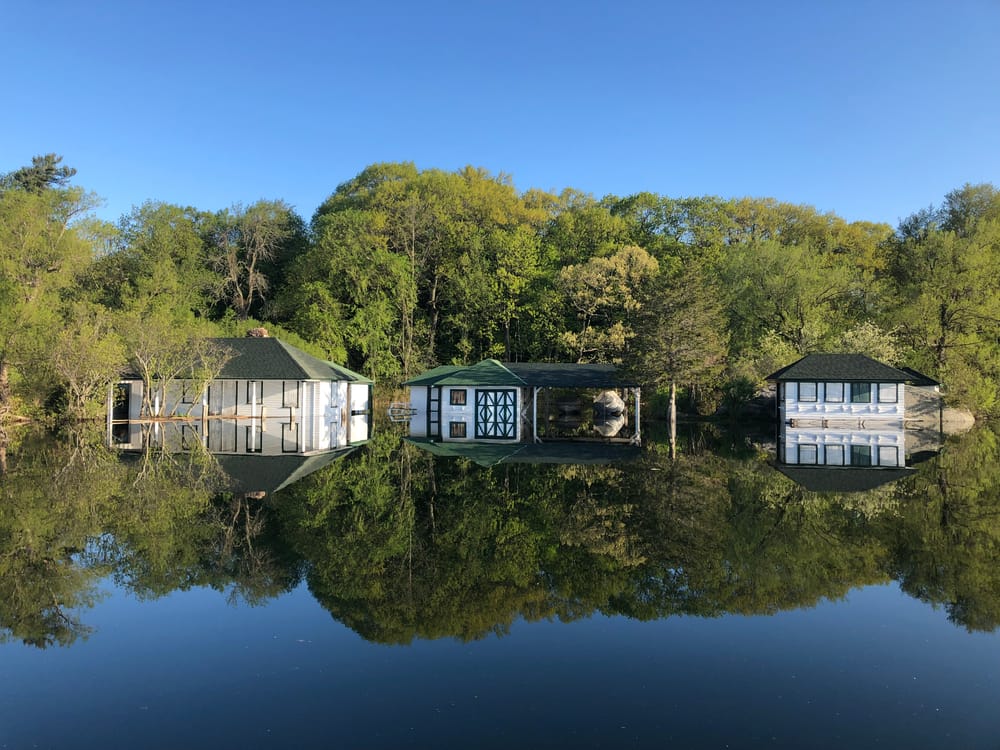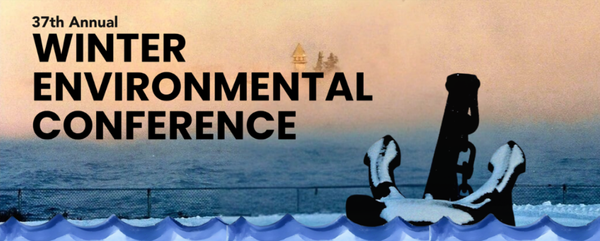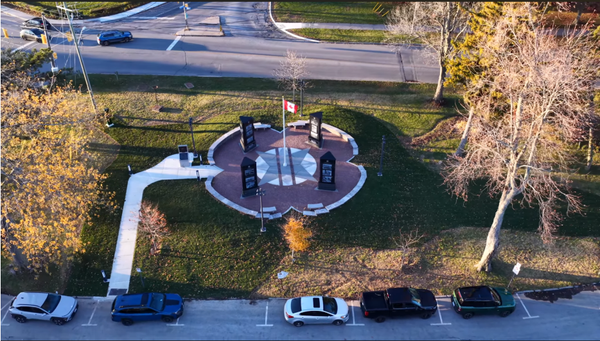COVID Hell or High Water?, Canadian Property Tax Discussion
by: Peter VanSickle
A month ago, we were only worried about a pending flood, and now we have CONVID-19. Congratulations to all who are practicing good self-isolation. It is important that we all contribute to the benefit of all. It has pushed pause on our daily routines and has allowed us to reflect on the bigger picture.
The bigger picture is one that reminds us that we are all connected, and if one group acts without regard for the whole, there are consequences.
Welcome to the issue of water management of Lake Ontario. There is a strong argument that the interests of riparian property owners are being ignored in the face of other commercial and political interests. The actions of a few are at the expense of many.
The IJC argument will be unresolved for some time. The impact of the decisions of the committee are clear and have consequences.
In particular the wholesale elimination of value of properties that have been compromised by reoccurring flooding. It matters little whether the loss is with a recreational property, business or farm. The effect on assessed value, and hence the income of the municipality is the same.
Also, the premise that we want to lower our tax because our property is worth less, is understandable. Yet, the higher the realty tax, the higher the value of our asset. Paying less tax because the cottage or business has been damaged or made unsaleable by flooding is a small consolation.
In reality, both the Township (loss of tax revenue) and homeowners (riparian rights) both suffer when taxes go down.
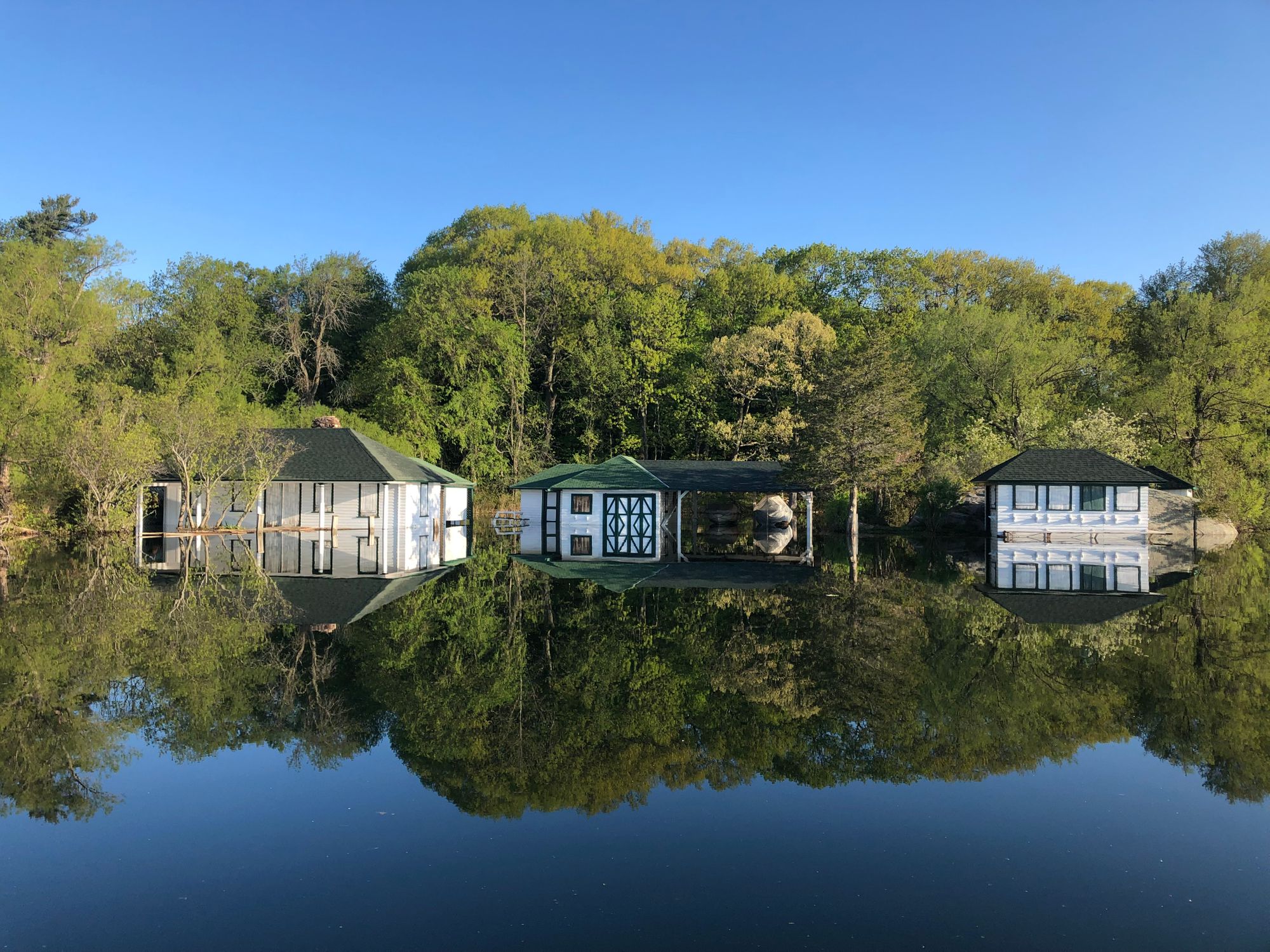
Paying Tax
Municipalities need to be concerned. Cottage properties are a rich source of realty tax income that supports Municipal budgets without having to burden rural mil rates. Island Property Realty taxes are particularly advantageous in that they require low spending on infrastructure to support the income. There are no roads, sewers, water lines, or garbage collection requirements for the islands.
It does leave municipalities vulnerable. Something in the vicinity of 30% of the Leeds and the Thousand Islands Township's total taxes come from cottage properties. It has to be a deep concern if there is a reduction of the assessed values of cottage properties. Every lost dollar requires either a redistribution of the shortfall on the balance of the tax base or cutting of services. This is not only about a vacation property being unavailable, it is about the broader economic picture and the quality of life in the area. We are all connected.
Therefore “Riparian” property values needs to be defended.
Making a Request for Reassessment
If you feel your property value has been compromised, it is worth investigating the Request for Reassessment (RFR) process.
Properties in Ontario are assessed by MPAC Municipal Property Assessment Corporation. MPAC is independent of municipalities. An RFR can be submitted by the property owner.
The MPAC website is well laid out. It details the information that needs to be included and the timelines for a review and response. It is important that the initial submission is comprehensive, detailed, and accurate as there is little opportunity to have a dialogue during the reassessment process.
This means doing homework by getting a) comparable property sales in your vicinity, b) detailed images as to the effect of damage on your property and c) confirmation the base information about your property. The https://www.aboutmyproperty.ca/index section of the website will allow you to access current information listed for your property. It is worth checking this for accuracy, regardless.
MPAC Guidelines
Property assessments follow a strict set of guidelines. The MPAC site lays out the items that are considered in the review. The primary driver in assessing value is the review of comparable sales. You may have a damaged dock or a flooded cottage and can estimate the value of the damage; sadly, this will have little impact on the assessed value. The analysis of comparable sales is the primary consideration.
The identification of comparables is challenging with island properties. By their very definition, they are individual and change hands infrequently. There are more than a few people who are anxiously watching the market, looking for cottage sales that will be the benchmark. When sales start to happen and new market rates are established, there is going to be a domino effect that will go through the system.
Time should be spent on websites such as https://www.realtor.ca/ for listings in your area. There may or may not be a sufficient number of comparable properties. Further information can come from a realtor with access to the MLS system to generate a Comparable Market Analysis (CMA).
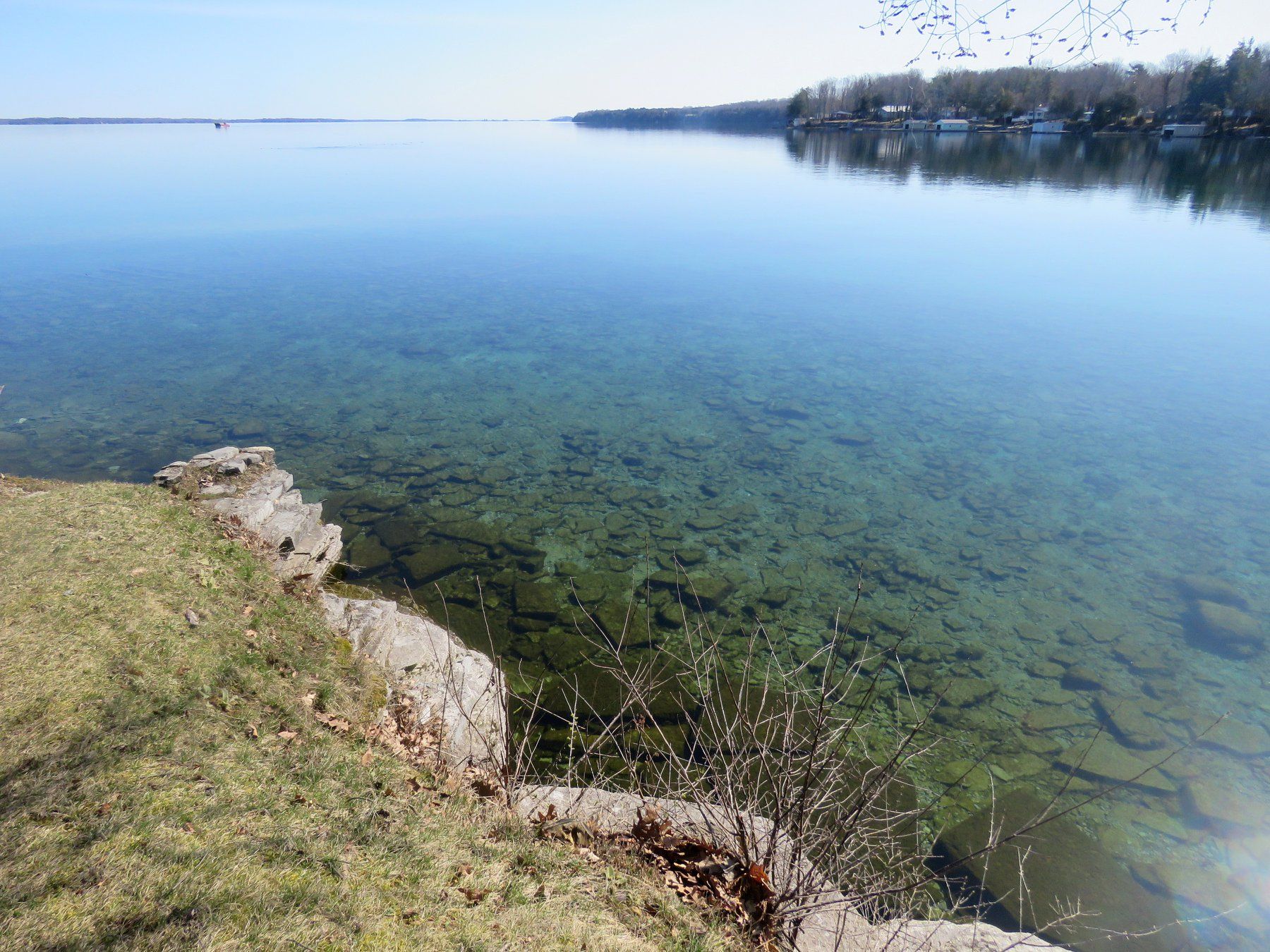
No Guarantee
For those who are seriously considering a request for reassessment for MPAC there are some cautions. Requesting a reassessment is no guarantee of a reduction in the assessed value. The review could return an increase. Do your homework to demonstrate recent sales and the impairment of the property before the RFR is submitted. That information is also required in the event of an appeal.
With that said, it is not unknown for an RFR to return a 40% reduction in the assessed value and the resulting taxes.
Conclusion
This brings us back to an earlier point. Paying more tax is a good thing. We want to pay tax based on the value of the property and the higher the better. The municipality benefits as well. We need to be working in concert to challenge the water management practices that have tilted benefit to other groups at the expense of riparian property owners. Money gets attention, and the threat of wholesale reassessments should resonate with Municipalities and their residents to see that the management of Lake levels is not a simple vacation property owner’s problem. We need to work together.
URLS to assist you:
https://www.mpac.ca/AboutMPAC
Learn more about your assessment.
https://www.aboutmyproperty.ca/index
https://www.mpac.ca/HowAssessmentWorks/QuestionsaboutyourAssessment
https://www.mpac.ca/sites/default/files/imce/pdf/AboutMPACOntarioAssessmentSystemEN.pdf
By Peter VanSickle
Peter VanSickle has been an Islander since his family purchased La Vignette in Wanderer's Channel in 1991. The cottage was built in 1904 by Frank Lent a noted area architect and was Lent's summer home for a number of years. The cottage has been compromised by recent flooding. Peter is a Realtor in the GTA (Greater Toronto Area) and is familiar with valuations assessments and the appeal process.

